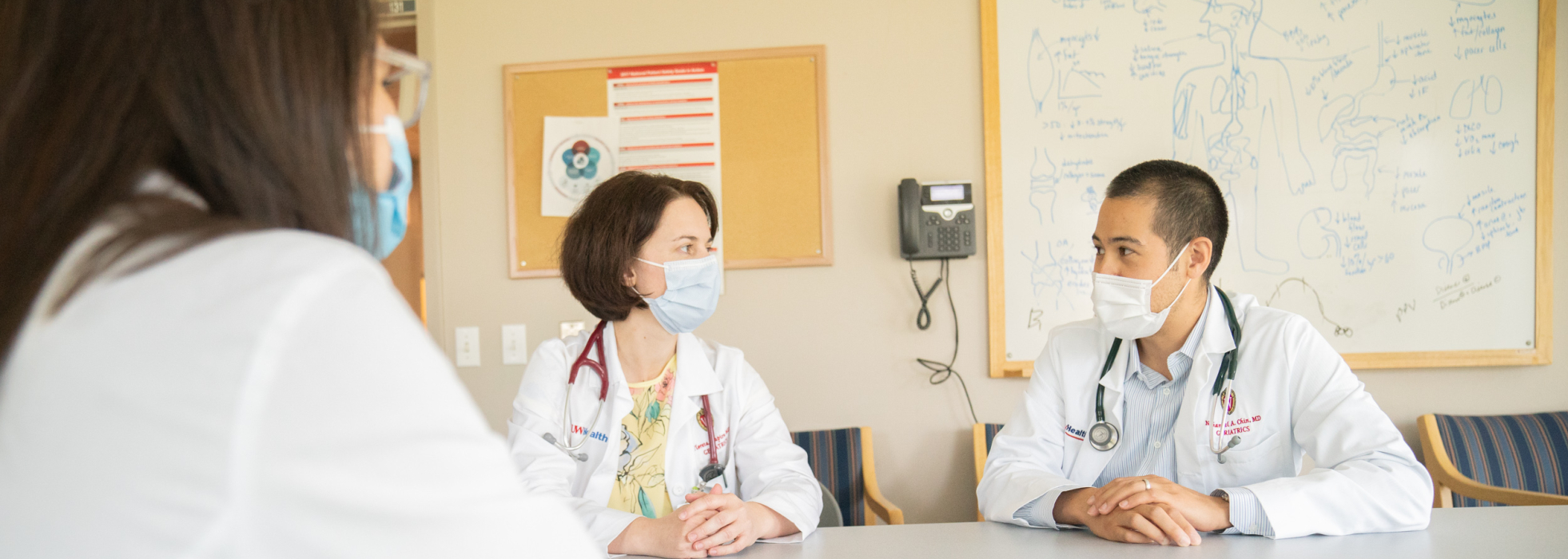Customized Training for the Career You Want
Our robust curriculum gives you solid exposure to core geriatrics principles, plus opportunities to explore personal interests in more than subspecialty clinics. You'll train with renown clinicians and researchers who have national leadership roles.
Didactic Experiences
An interprofessional group of leaders in geriatrics and gerontology lead our our didactic sessions. You'll also interact with other fellows in Wisconsin at the Geropsychiatry Colloquium and with fellows across the nation during the National Fellows Most Difficult Case Conference.
Fellows attend division conferences throughout the year, plus these conferences:
- Geriatric Medicine Core Lecture Series. Lectures on key geriatric medicine topics, led by area content experts
- Geropsychiatry Colloquium. Held in Madison and offers case-based discussions on topics in mental health among older adults.
- Annual Fellowship Bootcamp. Lecture series covering geriatrics basics for new fellows so they can start clinical rotations with confidence
- Fellows Memory Cafe. Informal didactic series covering the basics of evaluating and managing cognitive impairment, led by a geriatrician who specializes in memory care
- Fellows Most Difficult Case Conference. National conference offering Case-based discussions on management of a complex older adult patient.
Clinical Experiences
Rotate through a busy interprofessional inpatient geriatrics consultation service, a large home-based primary care service, and more than 10 subspecialty clinics. You'll have opportunities to customize your experiences based on career goals.

Scholarly Activity
Research
The Division of Geriatrics and Gerontology is home to internally renowned research programs and is closely affiliated with the Wisconsin Alzheimer's Disease Research Center and the Wisconsin Alzheimer's Institute.
If you're interested in research, we encourage you to partner with our investigators during your research rotation. We also offer a T32 research fellowship and a VA advanced fellowship if you would like to continue that scholarly work after your clinical fellowship.

Teaching
The Department of Medicine's Fellow Medical Education (FAME) Training Track trains fellows to become effective clinician-teachers and scholars.
Additional Opportunities in the Department
- QI Curriculum for Fellowship. Teaches fellows how to apply quality improvement knowledge and skills directly to clinical practice.
- Women in Leadership and Development (WILD). Trainee-led program that provides women fellows with a toolkit for career advancement and skills to negate systemic gender bias and inequities in academic medicine.

